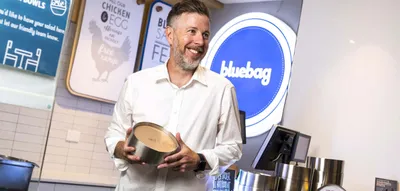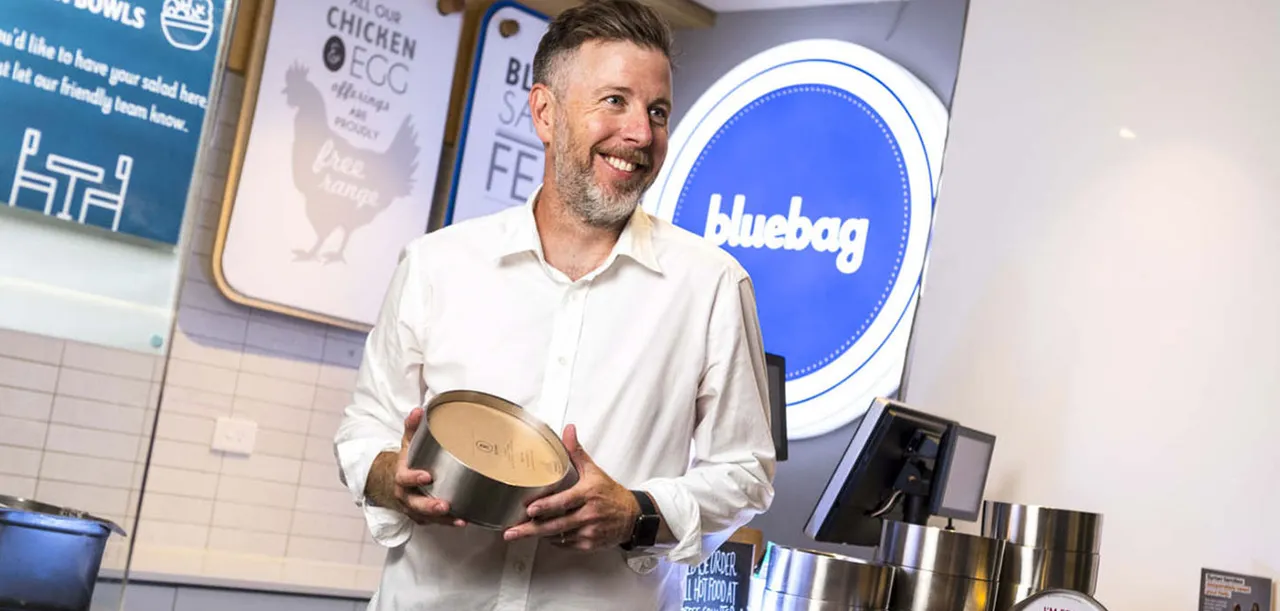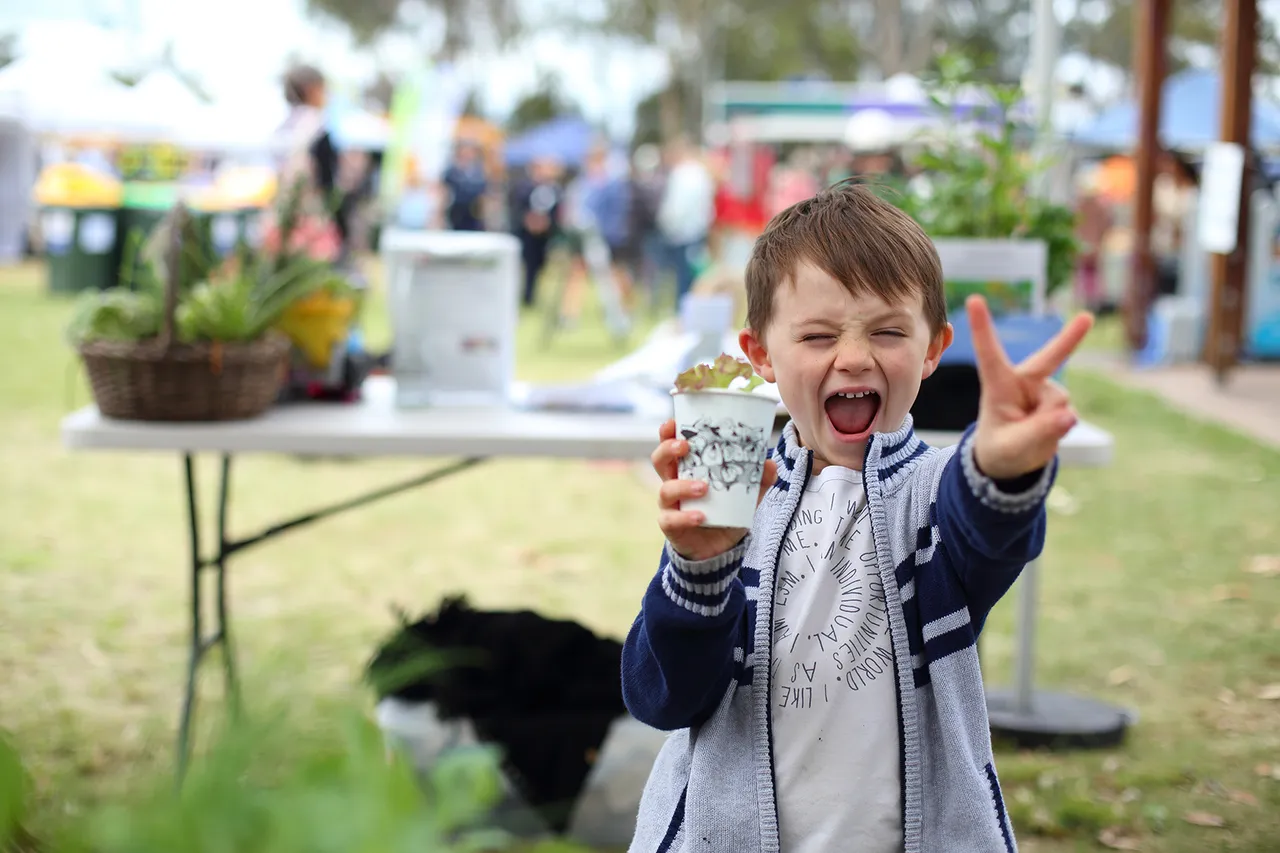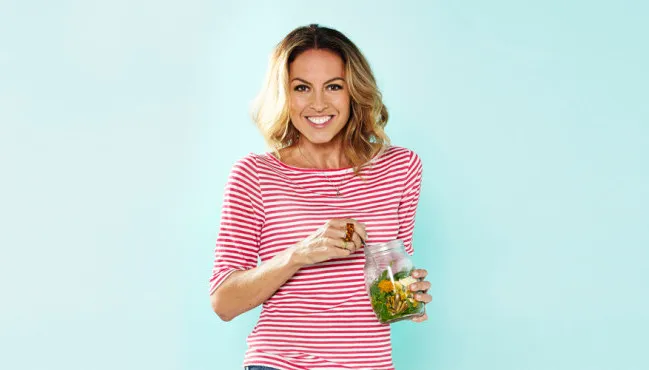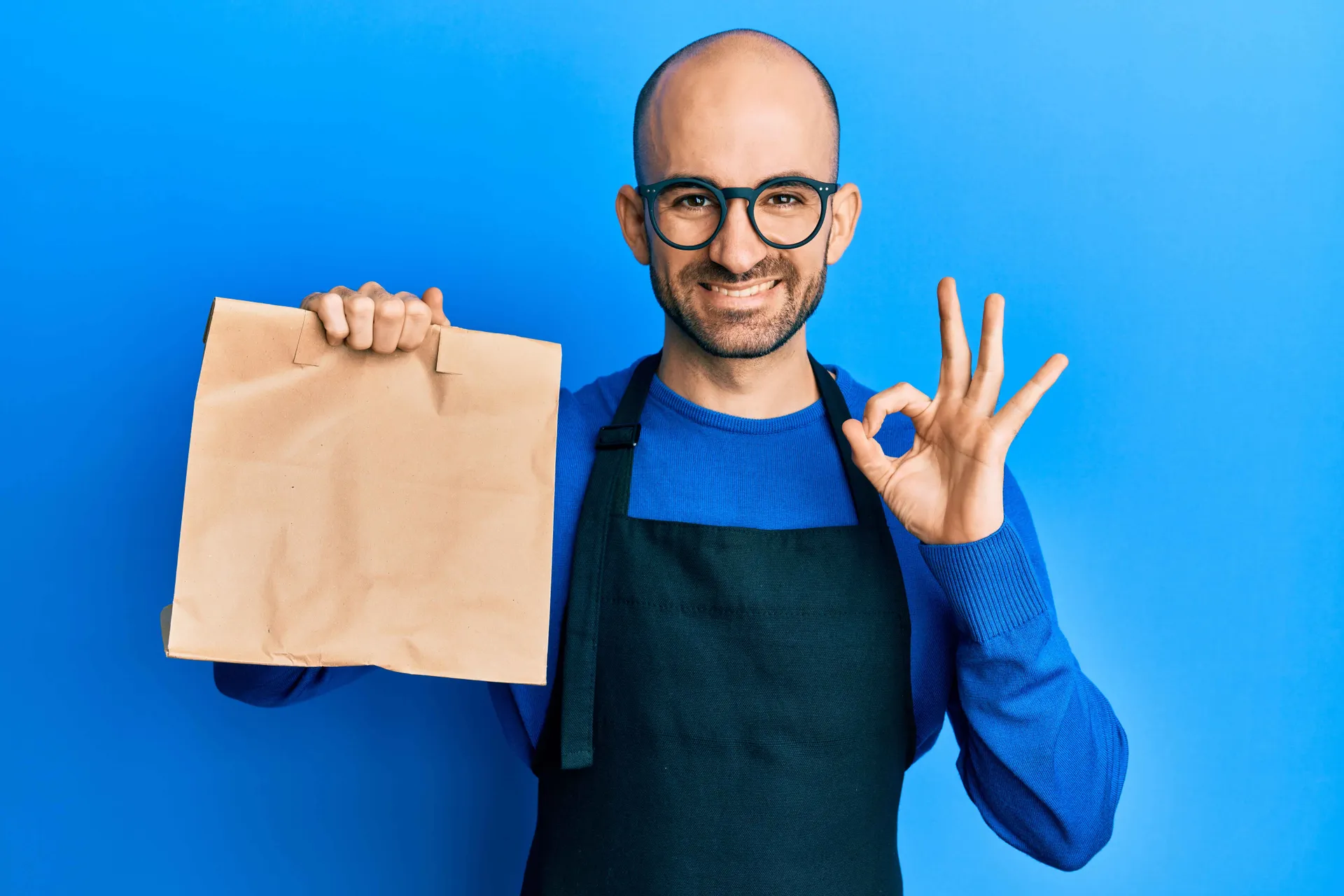Resetting your kitchen to reduce waste and plastic
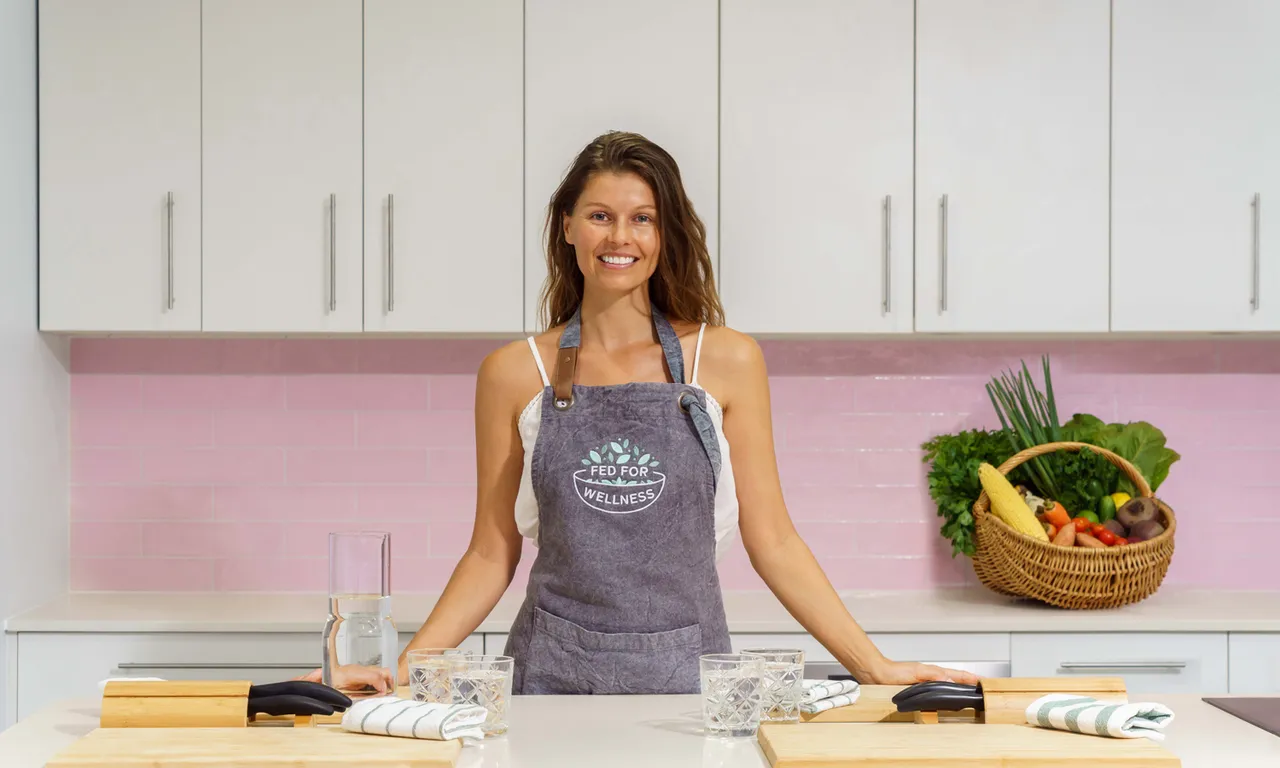
Getting started on the journey to reduce waste and plastic in the kitchen can be overwhelming! There's so much information available and changing your routine when you're busy can be a challenge.
Living Smart hosted a series of workshops for Plastic Free July, designed to cut through the information overload and make waste and plastic reduction achievable for everyone.
Facilitated by educator and wellness coach Sally Douglas of Fed for Wellness, the starting point for the workshops was the new 5R approach to managing waste:
- Refuse
- Reduce
- Reuse (and repair)
- Recycle
- Rot
Many of us would be familiar with the 3Rs - reduce, reuse and recycle. As Sally explained, refusing, reducing and reusing are now the top three, encouraging us to say no to items that end up in landfill, reduce consumption where we can and reuse what we have.
Reducing plastics in the kitchen
With Australians using 130kg of plastic per year, only 12% of which is recycled, reducing plastic consumption is a collective responsibility. Sally encourages us all to go a step beyond reusable shopping bags and consider other ways we can reduce plastics. The kitchen is a great place to start.
Shopping
- Refuse plastic shopping bags (including the heavier weight ones) and choose reusable bags instead.
- Swap out plastic produce bags for reusable bags - many health food stores have smaller reusable produce bags that can be filled at the supermarket or farmers market and go straight to the fridge when you get home.
- Instead of buying staples in plastic packaging, buy in bulk (see tips below).
- Look out for hidden plastics - cereals in cardboard boxes often contain plastic packaging inside.
At home
- Swap plastic wrap for beeswax wraps, or reusable glass/stainless steel containers with lids.
- Use glass containers or jars instead of plastic for food storage, freezing and reheating.
- Take your own reusable glass containers when ordering takeaway from your favourite restaurant.
Sally recommends choosing one simple swap and doing it for a month until it becomes routine, then adding another.
"Try reusable cloth or mesh bags instead of plastic barrier bags when you're buying fruit and vegetables in the supermarket. Even better, buy from the local farmers market and take your own bags or a basket," she said.
Buying in bulk
Take a stocktake of your kitchen and you may be surprised at how many staples are packaged in plastic - nuts, seeds, cereals, spices, snacks, dishwashing liquid, even some oils and spreads.
Sally is a huge advocate for buying in bulk as an alternative to pre-packaged supermarket items as bulk stores generally use paper bags. Bulk food stores are essentially self-serve shops that sell items by weight so you can buy as little or as much as you need.
"There are a growing number of bulk food stores across the Sunshine Coast which have a surprising range of items - muesli, oats, dry goods like flour and sugar, nuts, cereals, oils, honey, dishwashing liquid, tahini…some even have bulk shampoo and conditioner," Sally explained.
"Write a list of all the things in your pantry that are packaged in plastic and take it to your local bulk food store. Start there, rather than at the supermarket. You're more likely to only buy what you need, reducing waste and potentially saving money."
(Check out Living Smart's Guide to buying bulk food and household products on the Sunshine Coast for nearest store).
How to shop at a bulk food store
- If you have your own containers such as reusable glass containers, take them to the counter and have them weighed first. That way you'll only be paying for the products you buy.
- Locate the product you want.
- Look for the product code on the bin or container and use the textas provided to write the code on your container or paper bag.
- Using the scoop provided or the tap in the case of bulk liquids, fill the bag or container with the quantity required.
- Take the items to the register where they will be weighed and charged according to the code for each product.
If you're serious about slashing household waste, consider switching to glass containers for bulk store shopping. This is a great way to reuse glass jars, rather than throwing them in the recycling and most bulk stores are happy to accommodate customers who bring their own containers.
Sally's top 8 tips for reducing waste
- Carry your own reusable coffee cup, water bottle and straw when out and about (see BYO Sunshine Coast for tips).
- Compost kitchen waste. If you live in an apartment or have a small yard, check out Sharewaste to find someone who composts near you.
- Buy only what you need.
- Use tea towels or face washers instead of paper towel.
- Buy in bulk to reduce plastic.
- Shop at farmers markets for fruit and vegetables to reduce unnecessary packaging and support local farmers at the same time.
- Reuse glass jars for food storage.
- Use leftovers creatively.
For more tips and tricks on reducing waste in your home, check out Living Smart's War on Waste and BYO Sunshine Coast campaigns.
Sally Douglas offers a kitchen reset program for busy people who need support to make the switch to slash waste in their homes. She also runs workshops and wellness retreats on the Sunshine Coast and in Bali. See Fed for Wellness for details.
